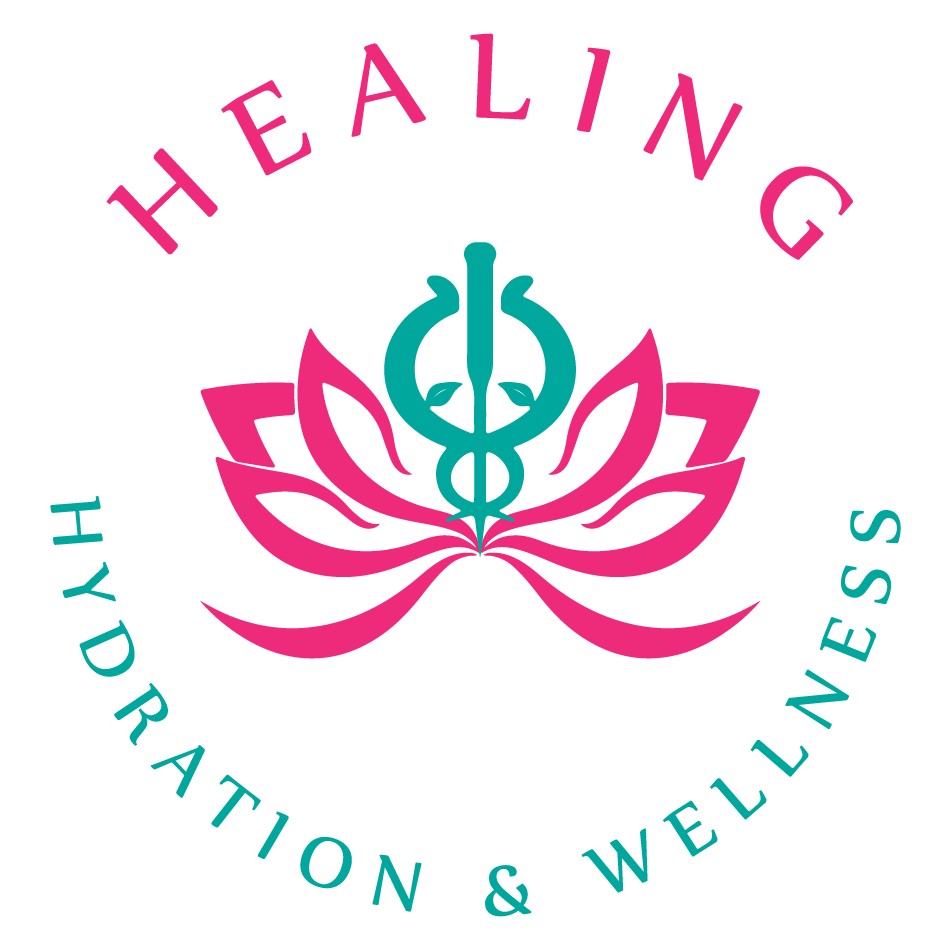Green tea is often celebrated for its health benefits, but one question many people ask is whether green tea contains caffeine. With growing concerns around caffeine consumption and its impact on sleep, anxiety, and heart health, understanding how green tea compares to other beverages in caffeine content is essential. This article explores how much caffeine is in green tea, what affects its levels, and how it impacts the body.
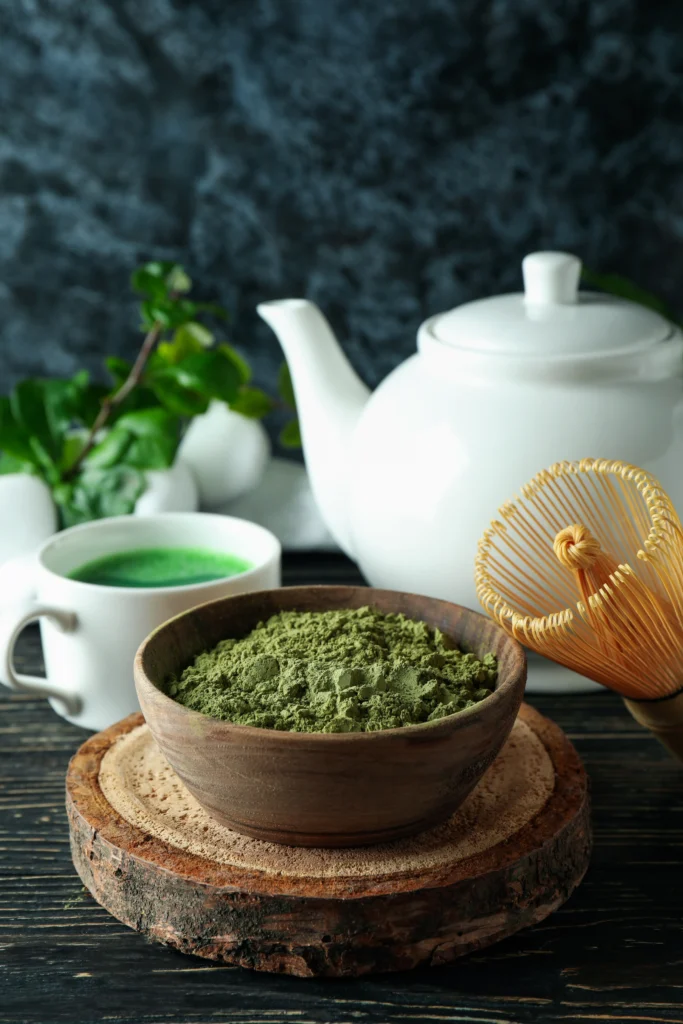
What is Caffeine?
Caffeine is a natural stimulant found in tea leaves, coffee beans, and cacao plants. It works by blocking adenosine, a neurotransmitter that promotes relaxation and sleepiness. As a result, caffeine increases alertness, improves focus, and can even boost physical performance.
While caffeine is widely consumed around the world, it can have both positive and negative effects depending on individual tolerance levels and the amount consumed. Excessive intake can lead to insomnia, nervousness, increased heart rate, and digestive issues.
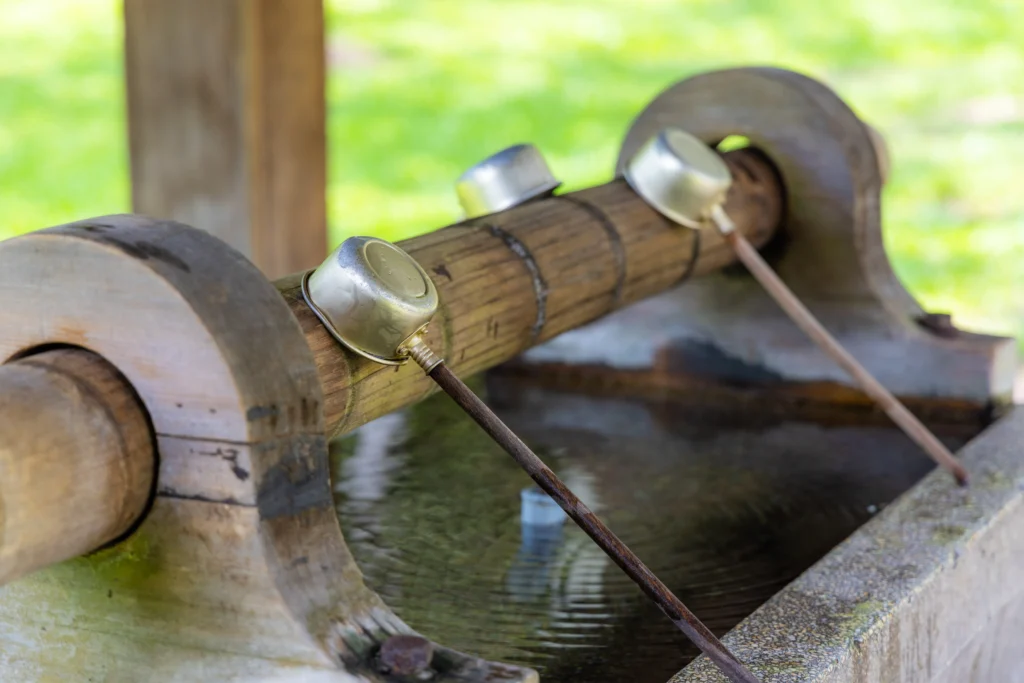
How Much Caffeine is in Green Tea?
Green tea does contain caffeine, though significantly less than coffee or black tea. On average, an 8-ounce cup of green tea contains between 20 to 45 milligrams of caffeine, depending on how it’s prepared.
Several factors influence the caffeine content in green tea:
- Type of green tea: Matcha, a powdered form of green tea, tends to contain more caffeine than traditional loose-leaf or bagged varieties because you consume the whole leaf.
- Steeping time and temperature: Longer steeping times and higher water temperatures can extract more caffeine.
- Leaf age and quality: Younger leaves typically have higher caffeine levels.
For those monitoring their caffeine intake, it’s helpful to read labels and control brewing conditions to adjust caffeine levels.
Comparing Green Tea to Other Beverages
Green tea is often chosen as a healthier alternative to other caffeinated beverages. In comparison:
- Coffee averages 95 mg of caffeine per 8-ounce cup
- Black tea has about 47–90 mg per cup
- Energy drinks can contain 70–100+ mg per serving
Green tea offers a gentler, more sustained energy boost without the jittery effects that some people experience with coffee. It also contains the amino acid L-theanine, which promotes relaxation and helps counterbalance caffeine’s stimulating effects, resulting in a calmer form of alertness.
Health Benefits of Green Tea
In addition to providing a mild caffeine boost, green tea offers a range of health benefits. Rich in antioxidants, particularly catechins like EGCG (epigallocatechin gallate), green tea may help reduce inflammation, support brain function, aid in fat burning, and lower the risk of chronic diseases.
Studies have shown that regular green tea drinkers may have a reduced risk of heart disease and stroke. The combination of caffeine and antioxidants can also enhance metabolic rate and improve physical performance.
To learn more about hydration, wellness, and optimal energy strategies, visit Healing Hydration & Wellness.
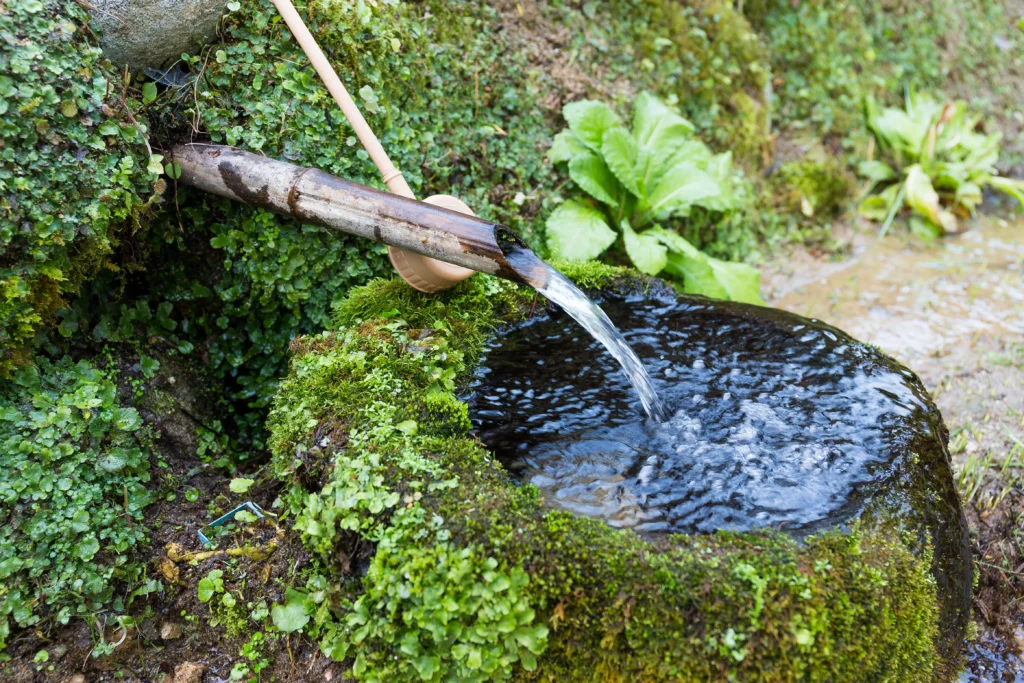
Is Green Tea Right for You?
While green tea does have caffeine, its relatively low content and health benefits make it a good choice for many people. Those sensitive to caffeine should monitor their intake and consider choosing decaffeinated varieties or adjusting brewing methods to reduce caffeine levels.
Green tea can be a smart addition to a wellness-focused lifestyle when consumed in moderation. Its balance of mild stimulation and antioxidants offers both energy and protection for the body.
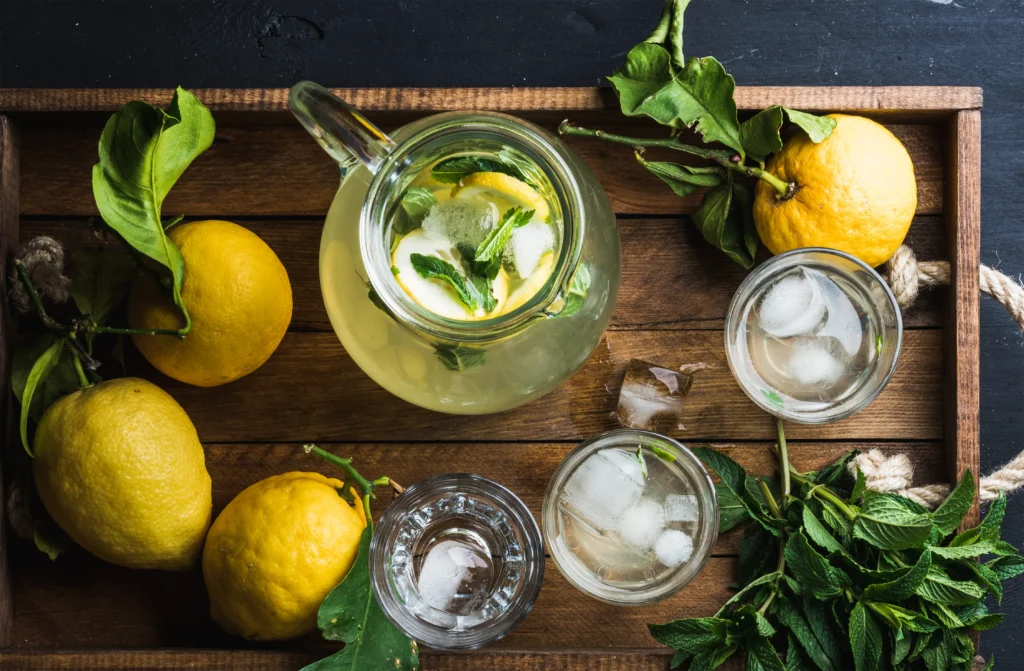
Conclusion
So, does green tea have caffeine? Yes—but not nearly as much as coffee or black tea. With its moderate content, calming L-theanine, and wide range of health benefits, green tea is an excellent beverage choice for those seeking a gentle energy lift and overall wellness support. For customized hydration and wellness guidance, Healing Hydration & Wellness is here to help you thrive.
